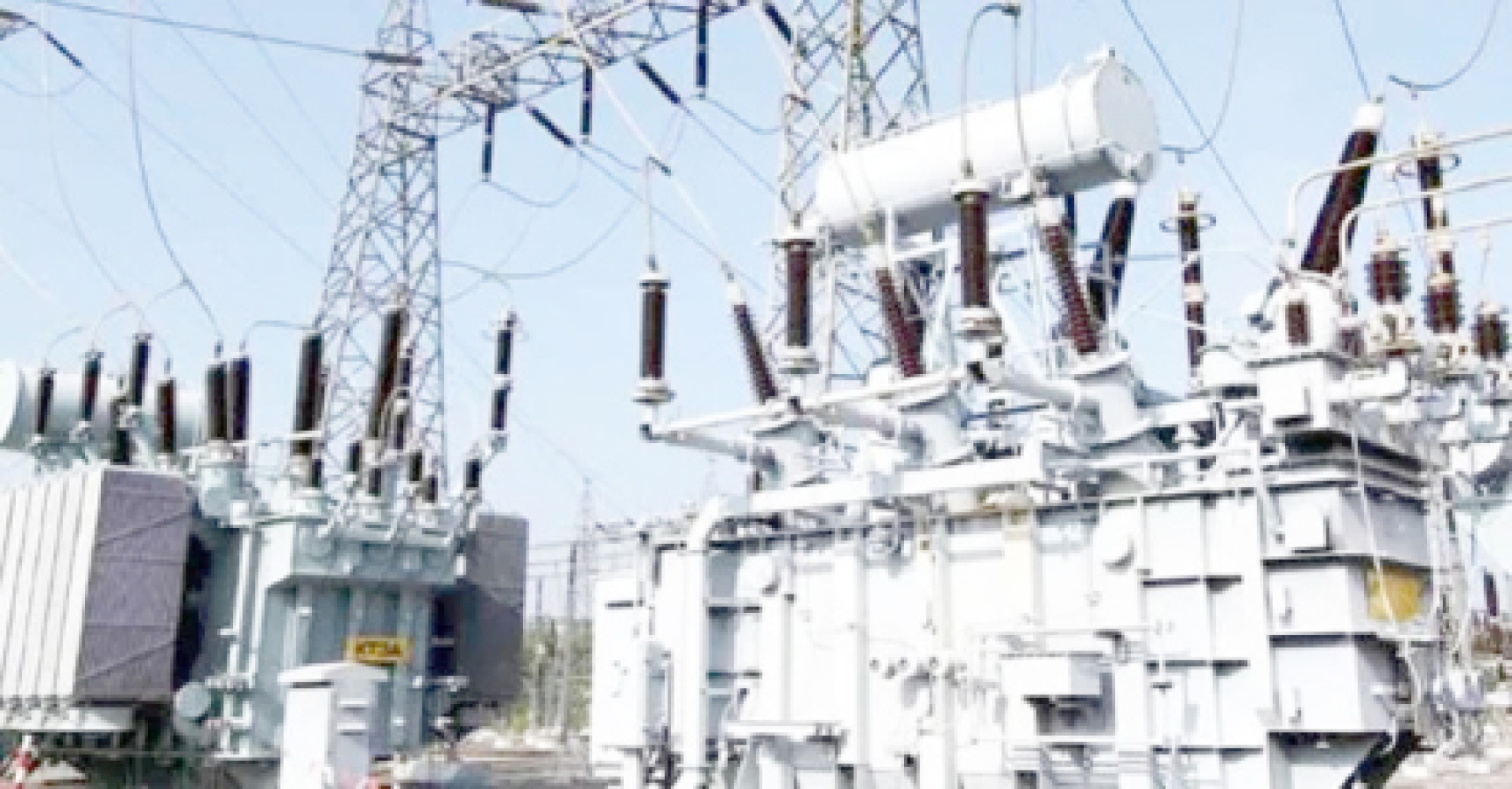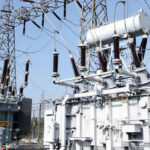Laolu Akande, a former presidential spokesperson, has stated that the issues confronting Nigeria’s power industry as a result of the recent contentious hike in electricity bills are the outcome of the flawed privatization sale of Distribution Companies (DisCos) and Generation Companies in the country.
He also called on the federal government to establish an Energy Fund to address the power sector’s liquidity issues while considering other new ideas and out-of-the-box thinking.
Akande disclosed this in an interview with Channels TV.
“We have not been able to get to the root cause of our challenges in the power sector which, in my view and the views of many experts is the problematic privatisation sale of the DisCos and GenCos.”
“Because, what you have is a situation where those who purchased the DisCos don’t only lack the technical competence, they also lack the financial muscle to be able to invest in the sector.”
Akande also called for new investors and ideas in the power sector as part of solutions to the quagmire.
“We should have an all-society approach to this problem. This is a failure of both the public and private sectors. We need new investors to come into the business. We need new ideas. We need an Energy Fund which can be used to also solve some of these liquidity crises in the sector. We need the Siemens Initiative to move faster so we can have repairs of the transmission lines and the distribution lines. ”
Recall that Nigerian Electricity Regulatory Commission (NERC) had last week approved a 230 percent increase for about two million customers across the country, assuring them of at least 20 hours power supply daily.
One of the most pressing consequences of this situation is the liquidity crisis gripping the power sector. With insufficient cash flow, companies are unable to make the necessary investments to upgrade aging infrastructure and expand capacity.
In an attempt to mitigate this crisis, the NERC and power companies have resorted to tariff hikes. However, as Akande pointed out, this approach fails to address the underlying issue of flawed privatization.
Akande’s assessment aligns with the sentiments of many experts who have long criticized the privatization process in Nigeria’s power sector. The poorly executed privatization sale has resulted in a system where profit-driven interests often take precedence over the public good in terms of service delivery.
As a result, consumers continue to suffer from unreliable power supply and exorbitant tariffs, while the sector as a whole remains mired in inefficiency and underinvestment.
To tackle this crisis head-on, Akande suggests revisiting the privatization sale and addressing this fundamental flaw. By reassessing ownership structures, introducing stringent regulations, and attracting competent investors with the requisite financial muscle, Nigeria can begin to chart a path toward a more sustainable and equitable energy future.
According to Akande “in my view, the main problem is that we have not looked at how we can we fix the faulty privatisation sale that took place some time ago in this country. That is the fundamental problem and it has to be addressed.”
He added that “there is a liquidity crisis in the sector. There is no cash flow. And that does not encourage investment. And the attempt to increase tariff is actually a way that NERC and the companies are trying to solve the liquidity crisis.” But he concluded that raising the tariffs alone won’t resolve the liquidity crisis.”

 Join Daily Trust WhatsApp Community For Quick Access To News and Happenings Around You.
Join Daily Trust WhatsApp Community For Quick Access To News and Happenings Around You.


